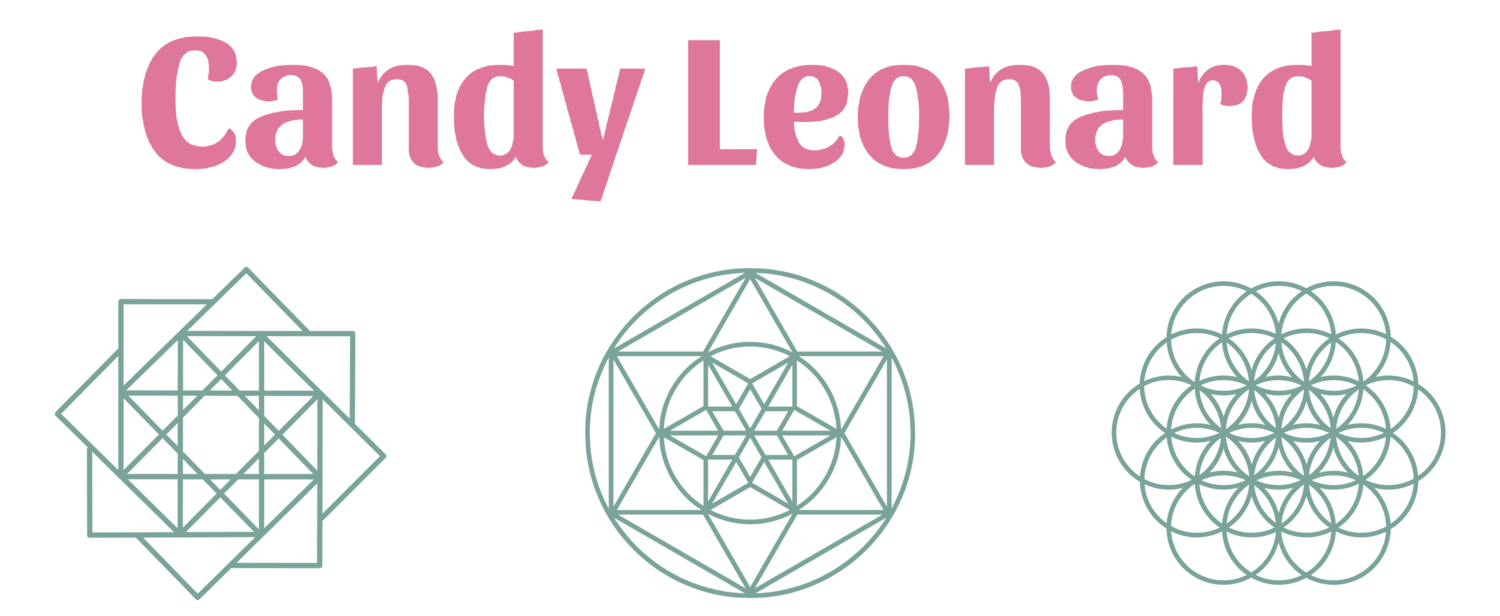1968ness: Mr. Rogers and Yellow Submarine
When I walked past my local theater and saw posters for the Beatles’ Yellow Submarine and the Fred Rogers documentary, Won’t You Be My Neighbor, I paused, took in those colorful posters, and smiled. In this political and cultural moment, these films seemed connected, and they seemed to speak with one voice. I felt that connection and it was a voice I knew well.
I was 12 in 1968; too old for Mr. Rogers. The risqué Rowan and Martin’s Laugh-In was more to my liking. But surely I would have benefitted greatly from a Fred Rogers-type figure in my life, someone to help me understand the rapidly changing, often violent world I was witnessing.
The values I got from my parents and from the counterculture seemed ascendant, despite Nixon’s victory. The Beatles and the times inspired a generation to think differently. The band’s constant presence and increasing cultural authority – for four years by the time Yellow Submarine was released – added to my sense that things would be okay. The arc of the moral universe was slowly bending in the right direction.
Yellow Submarine evoked a similar “us versus them” as the band’s previous two films, A Hard Day’s Night, and Help!; this one was an innovative, psychedelia-infused, feature-length cartoon. It pitted the Beatles, love, music, reason, color, and flowers against Blue Meanies, a perfect metaphor for the generation gap – one of the media’s favorite topics in 1968.
Boomers recognized the Beatles as superheroes from the moment they first laid eyes on the shaggy, sharply dressed foursome; Yellow Submarine made it explicit.
Boomers I interviewed for my book Beatleness describe the Beatles’ arrival in their lives like the moment in The Wizard of Oz when Dorothy opens the door and everything is in color. The Beatles did for boomers in 1964 what they did for the people of Pepperland in 1968. In that year of assassinations, escalating war, street violence, and political protest, the Corporation for Public Broadcasting was created as part of Lyndon Johnson’s Great Society agenda. That led to the founding of PBS and to Mr. Rogers’ Neighborhood.
As an 80s mom, I got to know Mr. Rogers and all the people and puppets in his neighborhood. One didn’t need a Masters Degree in Child Development (which I had) to see that Fred Rogers created an environment that was so much better for children than pretty much anything else on TV, including the much-lauded Sesame Street, with its quick edits and fragmentation insidiously creating short attention spans.
Mr. Rogers used time differently; he slowed things down and encouraged his young viewers to focus. He had my daughter’s attention when he looked directly at the camera and talked to her with authenticity and compassion, assuring her that she was fine just as she was.
Mr. Rogers’ Neighborhood (i.e. Fred Rogers) and Yellow Submarine (i.e. the Beatles), two sixties artifacts, capture the ethos of their moment and are ultimately about the same things: Love, peace, and goodness. Both are playful, encourage curiosity, talk about feelings, and provide comfort and support to their young audiences. Both value things you can’t see or hold in your hand. Both offer empowering messages to children and aspire to maximize human potential.
And both presented a new kind of masculinity – a masculinity for a new, enlightened world. Fred Rogers was apparently a lifelong Republican, and the Beatles were at the vanguard of the counterculture, yet their core values are very much aligned.
I was an aware and curious twelve year old and I remember 1968. Being that age at that time contributed greatly to the person I am today. I still hold the values and sensibilities that crystalized for me in that famously turbulent year of that famously turbulent decade. As I write this, in the Trump era, it seems Blue Meanies are in charge. I often feel drained by the daily assaults on everything I hold dear.
But I was uplifted and encouraged when those two colorful posters called out to me as I walked by the theater. I felt affirmed. Yellow Submarine will be a gateway to Beatles music and positivity for yet another generation, and Fred Rogers lives on through Daniel Tiger. Yellow Submarine and Won’t You Be My Neighbor remind us of our responsibility to the next generation and they remind us that love and goodness endure.





